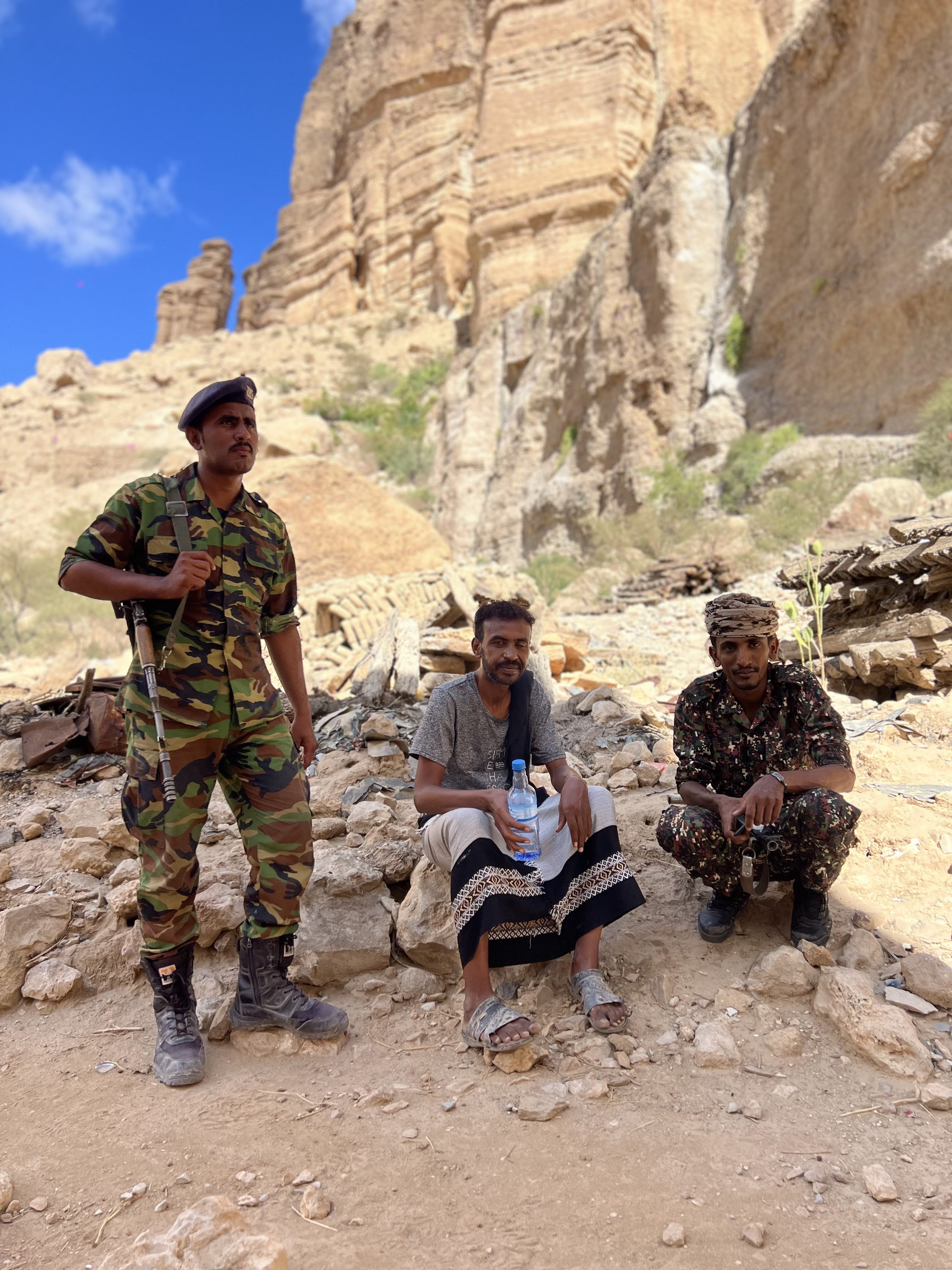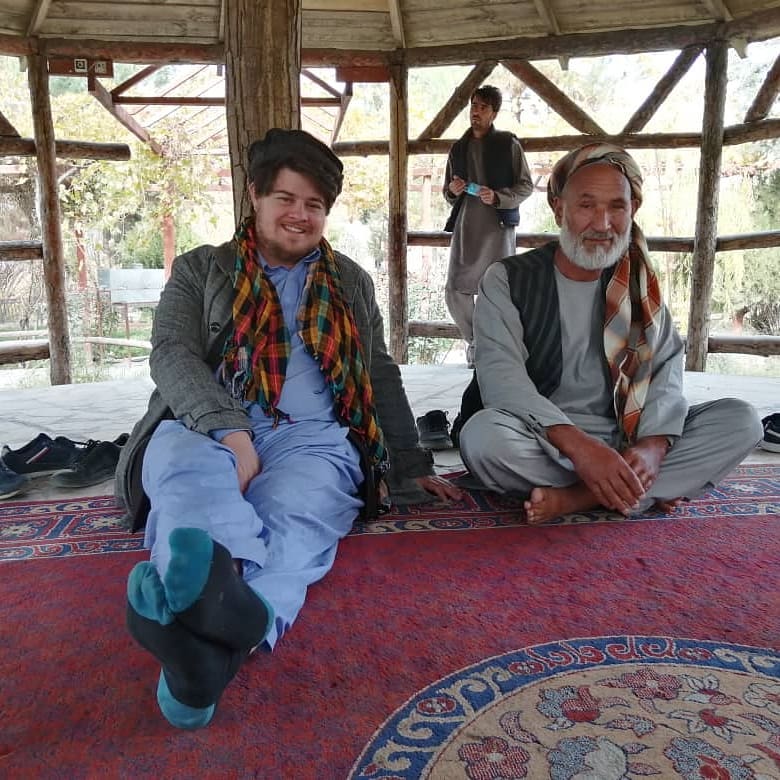The Houthis, officially known as Ansar Allah, are a political and armed movement based in Yemen, emerging from the Zaidi Shia community in the north of the country. Their origins trace back to the 1990s, rooted in the socio-political grievances of the Zaidi population, which has historically felt marginalized by the Yemeni central government. The movement gained prominence following the 2004 killing of its leader, Hussein Badreddin al-Houthi, by Yemeni government forces, leading to a series of armed conflicts with the state.
The slogan of the Houthis, or Ansar Allah, is "God is great, Death to America, Death to Israel, Curse on the Jews, Victory to Islam". This slogan reflects their anti-Western and anti-Zionist sentiments, as well as their commitment to Islamic principles. The slogan is used in various contexts, particularly during protests and rallies, as a way to rally their supporters.
The Houthis have positioned themselves as defenders of Yemen’s Zaidi identity and have capitalized on widespread dissatisfaction, particularly under President Ali Abdullah Saleh, who was seen as corrupt and ineffective. Over the years, the Houthis expanded their influence, particularly during the Arab Spring in 2011, when they participated in protests against Saleh’s regime. By 2014, they had effectively taken control of the Yemeni capital, Sana’a.
The Houthis are significant today for several reasons. First, they represent a formidable force in Yemen's ongoing civil war, which has turned into a complex conflict involving multiple regional and international actors. The civil war escalated in March 2015 when a Saudi-led coalition intervened militarily. The Houthis have since been engaged in a protracted struggle against this coalition, which includes support from the United States and the United Kingdom.
The Houthis' strategic importance is amplified by their location. Yemen’s borders include key maritime routes in the Red Sea and the Gulf of Aden, making control over parts of the country critical for global shipping and trade. The Houthis have demonstrated their capability to launch missile attacks and drone strikes against targets in Saudi Arabia, including oil facilities, as well as cargo and military vessels, highlighting their ability to disrupt global shipping
Additionally, the Houthis have received support from Iran, which has fuelled concerns about Iranian influence in the Arabian Peninsula. This has added a layer of complexity to the conflict, as regional powers are drawn into a broader struggle between Sunni-majority Saudi Arabia and Shia-majority Iran. The Houthis’ alignment with Iran has been a point of contention in Saudi foreign policy and has implications for U.S. strategic interests in the region.
The humanitarian crisis in Yemen has further underscored the significance of the Houthis. The conflict has led to one of the world's worst humanitarian disasters, with millions facing famine, disease, and displacement. The Houthis control key areas, including the capital, where they have implemented governance structures and services. Their administration is marked by a mix of local governance and wartime tactics, impacting the lives of civilians amidst ongoing violence.
The Houthi movement is not just a military organisation, but also a social organisation, whose large support base is due, primarily, to its social welfare and cultural programmes. The Houthis have effectively developed their own State within Yemen and garner support from the general population through a mixture of means:
Literary Focus : The Houthis have a strong emphasis on education and literacy, particularly in the context of their ideology. They promote the study of the Quran and Islamic literature, alongside their own historical narratives.
Use of Social Media : The Houthis have effectively utilized social media and digital platforms to spread their message and engage with supporters, adapting modern communication methods for political mobilization.
Cultural Festivals : The Houthis organize cultural festivals and events that celebrate their history and religious identity, often emphasizing the Zaidi heritage and resistance against perceived oppression.
Control of Media : They have established their own media outlets and broadcasting channels, allowing them to disseminate their perspective on the conflict and counter narratives from their opponents.
Humanitarian Role : Despite their involvement in armed conflict, the Houthis provide various social services in areas they control, including healthcare and education, aiming to present themselves as a governing authority.
The Houthis have also become somewhat of a poster child within the international community of those nations which position themselves as opposed to the United States and other western countries. Two areas which the Houthis have excelled at are:
Drone Technology : The Houthis have developed a notable capability in drone warfare, utilizing drones not only for military operations but also for propaganda purposes, showcasing their technological advancements.
Anti-Imperialist Rhetoric : Their ideology often intertwines anti-imperialist sentiments with their religious beliefs, framing their struggle as a fight against foreign intervention, particularly from the U.S. and Saudi Arabia.
The Houthis' ongoing conflict with the Saudi-led coalition raises questions about the prospects for peace in Yemen. The Houthis are also now involved in the wider conflict between Israel and Hamas/Hezbollah, further complicating the situation. Despite numerous attempts at negotiation, including U.N.-led peace talks, a lasting resolution remains elusive. The Houthis' demands often include political recognition and autonomy. Their control over territory, capacity for military engagement, and alliance with Iran position them as key actors whose influence extends beyond Yemen's borders, making their role crucial in understanding the region's dynamics today.
Interested in the Houthis? Read more about them here.



